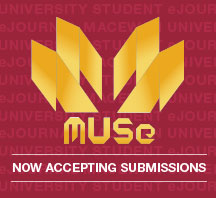Addressing Patron’s Increasing Psychosocial Needs in the Public Library: Responsive Community Care Through Improved Education, Training, and Partnerships
DOI:
https://doi.org/10.31542/mtpcsr14Abstract
The public library remains perhaps the only truly free public space, one that vulnerable community members can easily and safely access. Consequently, public libraries’ physical spaces are being used to meet patrons’ complex physical, psychological, and social needs. Public library staff are increasingly encountering patrons experiencing mental health issues, housing precarity, and substance use issues (such as opioid poisoning and overdoses), as well as a rise in security incidents. Unfortunately, public library staff are often not adequately trained to navigate these challenging situations before encountering them. As front-line workers, public library staff must be supported by library organizations and institutions to provide the best service for their patrons and protect themselves from burnout, traumatization, and compassion fatigue. This must include clear, consistent policies and procedures and appropriate training that support staff’s physical and mental health. Creating more social work-aligned programs in Library and Information Science (LIS) education, partnering with community organizations to address gaps in service and knowledge, and introducing trauma-informed practices to the public library would work to empower and protect staff and strengthen equitable library service.
References
Downloads
Published
Issue
Section
License
Copyright (c) 2024 Jessica Sebastiano

This work is licensed under a Creative Commons Attribution-NonCommercial 4.0 International License.
By publishing works in MUSe, authors and creators retain copyright under a Creative Commons Attribution NonCommercial (CC BY-NC) license, which allows others to share these works for non-commercial purposes as long as credit is given. The MUSe Editorial Board reserves the right to make copy-editing changes to works prior to publication to ensure they conform to the publication's style and quality standards. The Editorial Board also reserves the right to archive published submissions in MacEwan University's institutional repository, RO@M.



